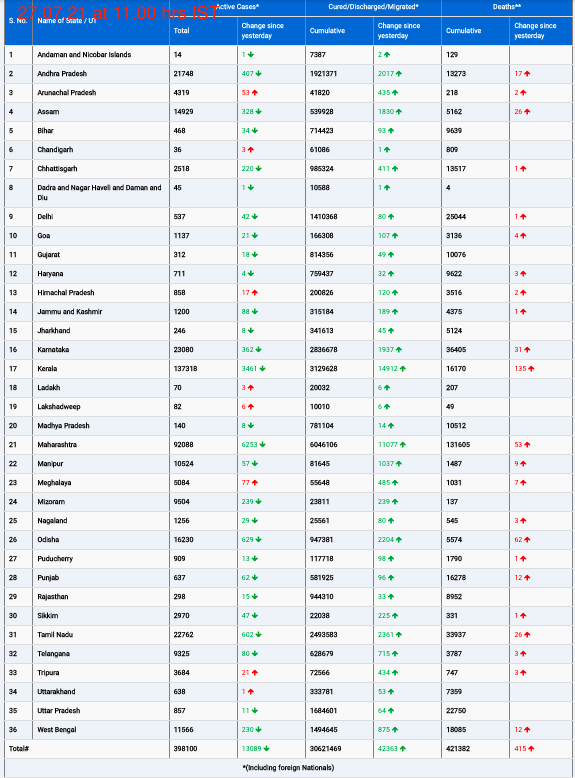San Diego, California – A groundbreaking study led by Indian-origin researcher Dr. Urvi Shah and her team at Memorial Sloan Kettering Cancer Center (MSK) suggests that a high-fiber, plant-based diet may delay the progression of multiple myeloma, a rare and incurable blood cancer. The findings were presented at the 2024 American Society of Hematology (ASH) annual meeting in San Diego.
The study represents the first clinical trial exploring the impact of diet on multiple myeloma, a cancer that affects bone marrow. “This study showcases the power of nutrition — specifically a high-fiber plant-based diet — and unlocks a better understanding of how it can lead to improvements in the microbiome and metabolism to build a stronger immune system,” said Dr. Shah, a myeloma specialist at MSK.
Promising Results in Early-Stage Participants
The trial enrolled 20 participants with a precancerous blood disorder and an elevated body mass index (BMI), putting them at higher risk of developing multiple myeloma. Over 12 weeks, participants consumed high-fiber, plant-based meals, supplemented with 24 weeks of dietary coaching.
Remarkably, none of the participants progressed to multiple myeloma one year after enrollment. Two participants, whose conditions were worsening before the trial, demonstrated significant improvements in disease progression trajectories.
Participants were encouraged to consume an unlimited amount of whole plant-based foods, such as fruits, vegetables, nuts, seeds, whole grains, and legumes. The dietary changes resulted in significant health improvements, including better gut microbiome health, reduced inflammation, and improved insulin resistance. Participants also reported enhanced quality of life and achieved an average weight loss of 8% over the 12-week period.
Findings Reinforced by Animal Studies
The clinical results were supported by parallel studies in a smoldering myeloma mouse model. Researchers found that 44% of mice fed a high-fiber diet did not progress to myeloma, while all mice on a standard diet did.
“These findings emphasize how physicians can empower patients, especially those with precancerous conditions, to reduce cancer risk through dietary changes,” Dr. Shah added.
A New Frontier in Cancer Prevention
The study highlights the potential for nutrition-based interventions in managing and preventing cancer progression. While further research is needed, the results offer hope for patients at risk of developing multiple myeloma and reinforce the importance of a healthy diet in supporting immune function and overall health.











